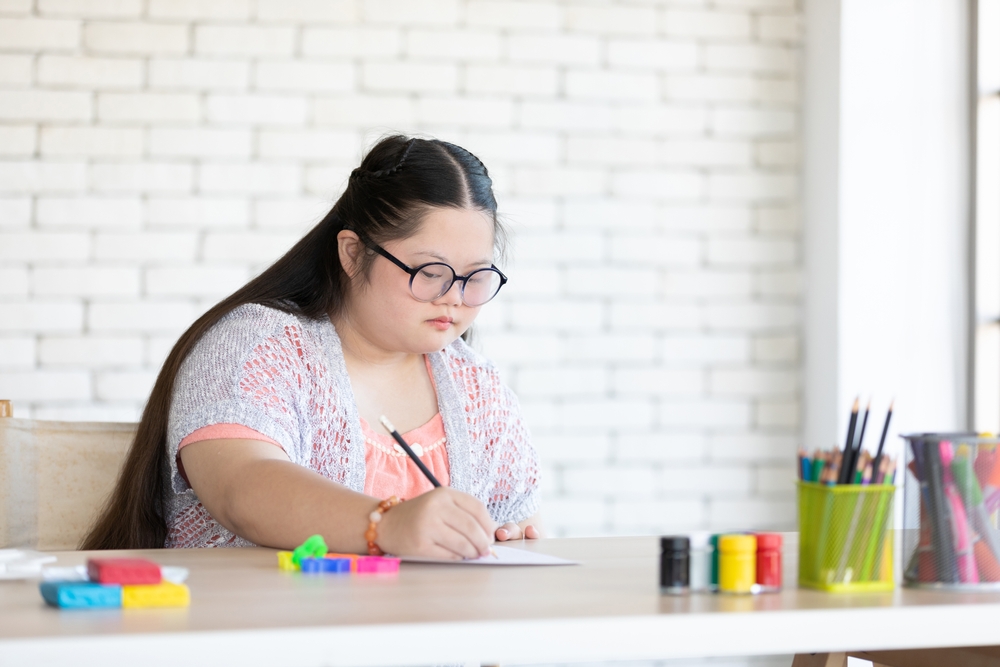Teens on social media, particularly TikTok, have begun claiming to be neurodivergent. This trend is harmful because it takes the focus away from children who need help and support. Skepticism from others on social media due to rampant false claims can make it harder for teens who genuinely need a support system to find one.
What Does It Mean to be Neurodivergent?
The term neurodiversity was coined in the 1990s by Australian sociologist Judy Singer. She wanted to help fight the stigma against people with conditions such as autism that make their brains operate in ways outside of the mainstream. Neurodivergent brains are wired differently. They are not defective. They simply function in less common ways.
How Does Neurodivergence Affect People?
Children and adults with neurodivergence often face obstacles in social interactions. They may be shy and unable to carry on conversations at home or in the workplace. Day-to-day activities like meeting new people or attending holiday celebrations can bring stress and anxiety that other people don’t feel.
Teens with neurodivergence may also struggle in school. They may not see the world in a way that is commonly presented in an educational setting. They may also struggle to ask for help when they do not understand concepts or see different ways to get answers.
Neurodivergence can also give people unique strengths. Depending on their diagnoses, people with these conditions may excel in math or creative thinking. They can think outside the box and, with support, can become strong, outspoken leaders.
Which Diagnoses are Associated With Neurodivergence?
There are well-recognized clinical diagnoses associated with neurodiversity. Common diagnoses associated with neurodivergence include, but are not limited to:
- Autism spectrum disorder
- Down syndrome
- Attention-deficit hyperactivity disorder (ADHD)
- Dyslexia
- Mental health conditions such as bipolar and obsessive-compulsive disorders
- Tourette syndrome
Fighting for Neurodiversity Acceptance
Dr. Singer began her research into neurodivergence in part because she is on the autism spectrum. She understood what it was like to be treated differently simply because of how her brain was wired. She and other activists fight to help others understand that people with neurovariance should not face judgemental and noninclusive language. They battle for office spaces, schools, and healthcare settings that are nurturing rather than setting people apart. Ultimately, they fight for recognition that if you are neurodivergent, you should be applauded for your talents and strengths and supported for your differences and needs.
Teenagers’ flippant use of neurodivergence and neurodiversity on social media counter the excellent work of genuine activists. It makes people reluctant to make changes to help people with neurodivergence cope. It also makes it hard for teens with diagnoses related to neurodivergence to find true allies online, people who understand them and their obstacles.
Find Help for Your Neurodivergent Teen
If your teen needs an assessment or compassionate, comprehensive care for neurodivergent disorders like ADHD and autism, let The Forum help. Our psychiatrists and psychologists offer specialized treatment tailored to your child’s unique concerns. Please get in touch with us and let us help your child understand that differences aren’t defects and that they deserve as much happiness as anyone else.



